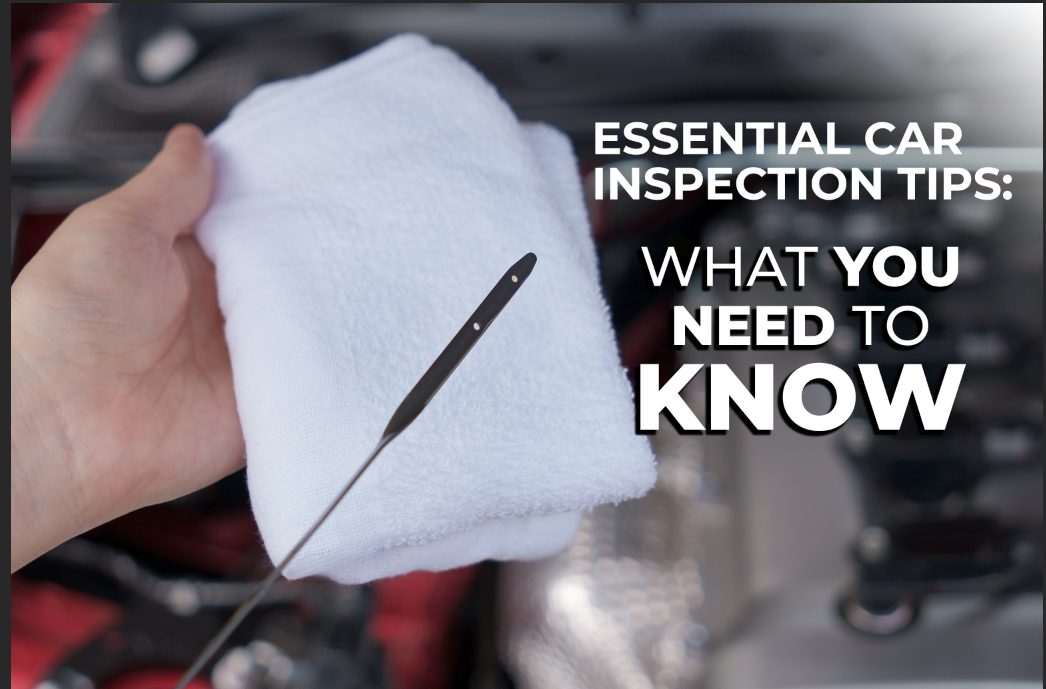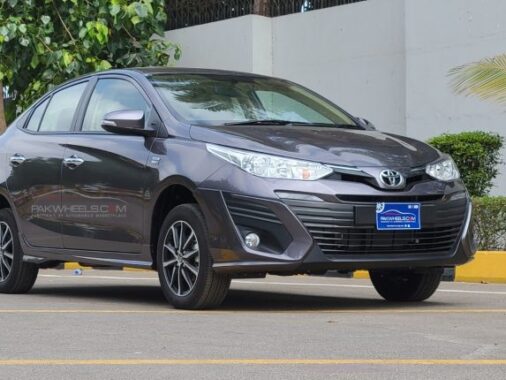Prior to purchasing a used vehicle, it is crucial for owners to undergo a thorough car inspection. This process aids in maintaining the overall condition and performance of the car. Neglecting proper inspection can lead to significant damage, impacting the efficiency of the car engines. This blog aims to shed light on the importance of car inspection, guide you on essential questions to ask when buying a used car, and provide valuable car inspection tips.
Understanding Car Inspection
A vehicle inspection involves a thorough examination of the car to ensure compliance with specific regulations. Certified professionals carry out this process, which is often required periodically or during car title transfers. Typically, cars need inspection every 1 or 2 years.
Key Questions Before Buying Used Cars
Before diving into essential car inspection tips, it’s essential for buyers to ask critical questions. Some of these questions include:
What is the car’s mileage?
Consider cars with reasonable mileage, neither too high nor too low. It’s important to verify the seller’s claims and reasons for the mileage. Additionally, inquire about key features such as transmission, audio system, seats, and exterior condition.
Has the car ever been in a crash?
Ask sellers about any previous accidents or damage to the car. It’s crucial to address any significant damages before considering car repair services.
Questions for Private Sellers
When dealing with private sellers, it’s important to ask specific questions like:
How long have you owned the car?
Understand the car’s history with the seller and look for maintenance records. Multiple ownership changes within a short period may raise concerns.
Who was the primary driver?
Inquire about the primary driver to gauge the car’s maintenance history and overall condition.
Why are you selling the car?
Ensure the seller’s reason for selling the car is genuine and not dubious to avoid any issues.
Essential Car Inspection Tips
Proper vehicle inspection is crucial for optimal performance and longevity. Consider reliable inspection services that cover key areas such as:
- Engine
- Car interior
- Car accident damage
- Exterior body inspection
- Tires evaluation
- Vehicle road test
Let’s delve into these critical areas individually.
Engine: Professionals should carefully inspect the engine and related components, including fluid levels like engine oil. They should also scan for fault codes and address any issues to maintain engine efficiency and performance.
Car interior: Pay attention to the car’s interior, focusing on key elements like horns, seat belts, and electronic accessories. Ensure proper functionality of keys and inspect the overall sound system.
Car accident damage: Install advanced driver assistance systems to prevent accidents, including blind spot detection and collision warning.
Exterior body frame inspection: Check the exterior for rust, previous repairs, and structural integrity. Inspect bumpers, hoods, and lights for any issues.
Ensure tires are in good condition and meet legal tread size requirements. Regularly monitor wheels for dents and cracks.
Conclusion
In conclusion, car inspection is vital for making an informed decision. By understanding the inspection process, asking relevant questions, and following critical maintenance tips, you can ensure a safe and reliable used car purchase.






